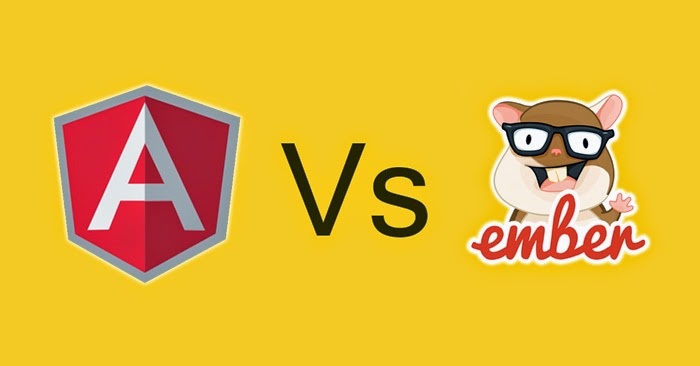HTML5 Standard by W3C and what it means to developers and future of HTML5
Its happy ever after for HTML5 developers as The World Wide Web Consortium (W3C), has announced that it has finalized the specs for the HTML5 standard. This verdict comes after almost eight years of work. This should allow rich content to work seamlessly across desktop and mobile platforms. The HTML5 standard has been around for years and powers many of your favourite sites. For users of course there is no change, already many browsers support HTML5 features.
"HTML5 brings the next generation of the Web. It wasn't so long ago that the Web was about browsing static documents. Today's Web is a much richer platform. We're now at a stable state that everyone can build to the standard and be certain that it will be implemented in all browsers. If we didn't have complete interoperability, we wouldn't have one Web" - W3C head Jeff Jaffe said of the standard.
HTML5 has come a long way and have reinvented itself and set ground breaking improvements especially after the Facebook and LinkedIn which abandoned their HTML5 apps in 2012 and 2013 respectively. They went for native solutions owing to many issues such as Device and platform fragmentation,Weak mobile browser implementations and Inadequate tooling. Developer skill immaturity which imposed lack of developers also contributed to downside of HTML5. But others kept the course and have been successful as it is the case of Financial Times.
So what does this mean for the programmer ? and how does the future looks like ? Well 2014-2017 forecast study anticipates that while HTML5 will progress. While the age old battle native vs. web controversy will continue. However HTML5 will “gain significant traction as a technology for several classes of apps” such as “content-based publishing apps for magazines and electronic books” and enterprise apps. Lets not forget the hybrid apps which will represent a large share of HTML5-based applications over the next years.
If you like to know the advantages of investing in HTML5 applications - web/ mobile apps get in touch with us. Please take a look at the 15 tools that can save time for the developers of HTML5 . Let us know what you think of this article, and if you like to read awesome posts like this, please subscribe to our newsletter in our website.
Thanks for stopping by and Have a great day !





